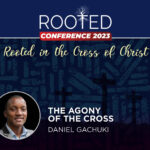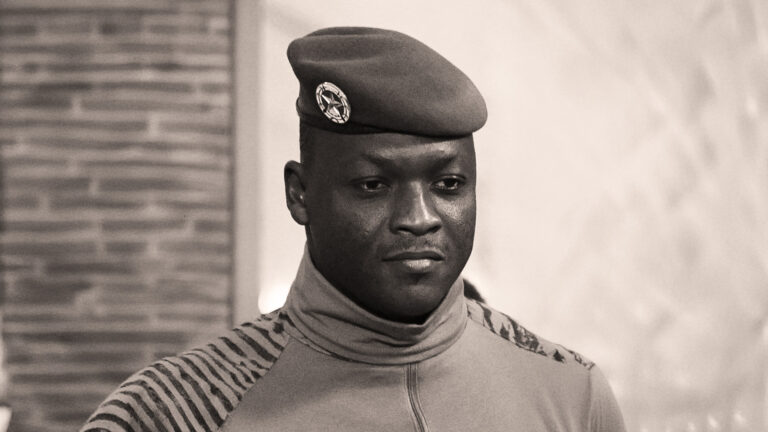I’ve heard John Piper say, “Books don’t change people, paragraphs do—sometimes sentences.” I know this to be true. I was a twenty-year-old college student when I first encountered Tim Keller—not in person, but in a little book that belonged to a friend. That measly forty-odd page book titled The Freedom Of Self-Forgetfulness opened me to a world of freedom. I have forgotten much of what I read there, but I learnt that I needed to be freed from myself. What Tim Keller gave me in those few pages was a precious gift: the gift of gospel-freedom.
What Tim Keller gave me in those few pages was a precious gift: the gift of gospel-freedom.
In that powerful yet short book, he explains illustratively how the gospel changes our view of ourselves. In his words, “the essence of gospel-humility is not thinking more of myself or thinking less of myself, it is thinking of myself less.” I found his diagnosis of the empty, swollen, painful, busy, fragile ego that crumbles under criticism, that deflates and is self-defeating in the face of failures to be penetrating.
There are two statements from that book that indelibly lodged themselves in my mind, and continue to challenge me.
1. “Pride is the pleasure of having more than the next person. Pride is the pleasure of being more than the next person.”
Who among us hasn’t experienced the foul pleasure of sinful comparison? Who, even among the most sanctified of us, doesn’t know the odious urge of competition? Since no son of Adam is too poor to afford pride, I sure had some stocked up. Knowing something more about pride didn’t instantly cure my pride problems, but it helped me know my enemy better. I saw what to be on the lookout for. It opened me to the futility of always trying to put together a resume. I saw that everything doesn’t have to be about me feeling good or looking good or better. Thus I can forget myself and help others. I can celebrate others and rejoice with them (Romans 12:15).
2. “The gospel of Christ gets us the verdict before the performance—the verdict leads to performance.”
How freeing to remember that as God’s children, we are not on trial.
This is the old Romans 8:1 truth. Yet Keller states it so freshly and inimitably. This was his gift—dripping gospel nectar on people’s hearts. It struck such a deep chord in me. How freeing to remember that as God’s children, we are not on trial. The verdict is in! We are loved. We are not little ponies trying to perform for God, because we don’t have to. I still stumble in many ways (James 3:2). But this truth has continued to offer me great comfort and stability.
Keller Goes Ahead, But Thankfully He Left Much Behind
Tim Keller’s gospel fluency was unmissable. He possessed a rich measure of the Chief Shepherd’s discerning love. Keller also had such a feel for the road of progressive sanctification. In my opinion, he will remain unequalled in his ability to diagnose the human soul and to point to the Saviour. He will continue to be a model for many preachers and pastors through the wealth of books and sermons he leaves behind, even here in Africa.
Now, Tim Keller gazes in the face of Jesus and he no longer needs these reminders in his books. Yet I am grateful to have them. Many people may have known him more intimately than I did. Nevertheless, I am grateful to God for his labours. “The memory of the righteous is blessed” (Proverbs 10:7).














